Of late, Liverpool have begun to look like the Liverpool of old. The Liverpool of old used to slip up here and there though. Steven Scragg reckons that defeat at Swansea City gives us the opportunity to see if we are the real deal or not this time.
A first loss since we capitulated at Wembley against Tottenham.
Eight days was too long to wait for a game within the slipstream of beating Manchester City. Focus and momentum was undeniably lost. Beat the team sat at the top of the Premier League, then lose to the team slumped at the bottom of the table. So very ‘Liverpool’ of us?
Yes, if held as a parallel to the Liverpool we have become over the course of much of the last two and a half decades, but no, if we are to embrace the Liverpool of old. The Liverpool of Shankly, Paisley, Fagan and Dalglish. The Liverpool of supreme self-confidence, as opposed to the precocious, but sensitive to setbacks version, we’ve been for way too long.
You Can’t Turn Back the Clock?
You can’t turn back the clock in many respects. The game of football in 2018 is a very different visual to what it was in 1983, but the more some things change, the more other things remain the same.
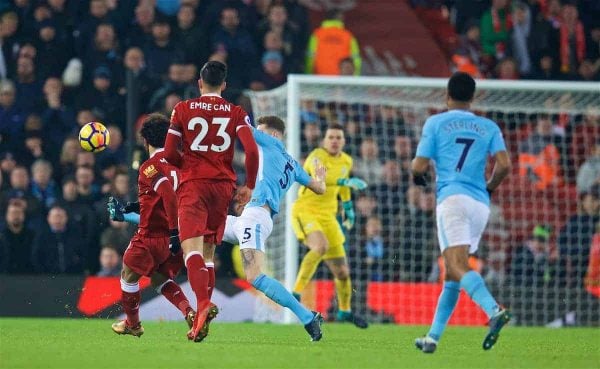
The physical aspect of football is still based upon the principals of 11 men in one set of coloured kits, attempting to score more goals than 11 men in a set of alternatively coloured kits. The size of the ball, the size of the goal posts, the length of the game, the pitch markings, they are all the same as they were 35 years ago.
The speed of the game, the fitness of the players, the sense of political correctness, the extra scrutiny of the all-powerful microscope under which the sport is played out, they are the major differences to 35 years ago.
The game of football is much more geometrical now. There isn’t time to think, or dwell on the ball. Speed is everything. Speed of thought, speed of movement, speed of error, speed of judgement. It’s all about perpetual thought and perpetual movement.
You can keep hold of the ball for more than a split second, but only if you can carry it at speed. It is almost as if the ball is an incendiary device which players are advised to move along as swiftly as possible. It is about creating space where there is none to speak of, by use of speed of thought and movement.
All of this makes the game we watch now an entity which is familiar, but almost unrelated to what went before. You could level this accusation at a range of sports.
This isn’t designed to degenerate modern football, just to point out the similarities and differences to the game of now, and the game of old. There was a hypnotic beauty to the game of old, and there is a hypnotic beauty to the game today. They are very different beasts however.
It’s All in the Mind
Winning games, and collecting trophies is still something which is achieved as much in the confines of the heads of players and managers, as it is through physical endeavour. “They were beaten before they took to the pitch” is a well-worn phrase. As formulaic as it is, it is also a very correct phrase. In fact, it is more relevant a phrase now, as it used to be. People seem to be more self-aware now than they were 35-years ago.
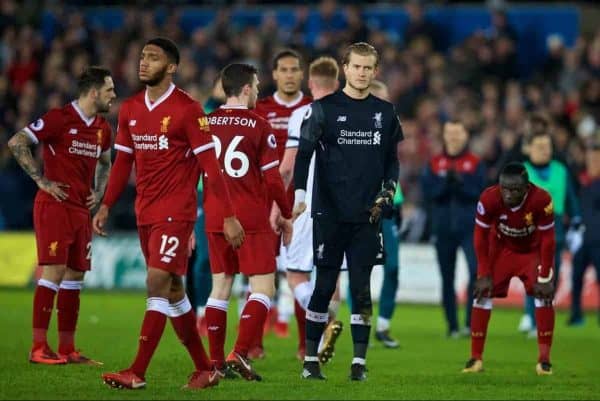
In 2018, footballers and the public at large, are arguably capable of greater physical movement, but conversely bound by the vagaries of the mind, in a way that simply wasn’t the case in 1983.
All too often since the dawning of the 1990s, Liverpool have been weighed down by the concepts of what it ‘can’t’ do, as opposed to what it ‘can’. There has been a reversal of each respective ethos.
You can discuss why we didn’t win at Swansea until you’re blue in the face. How we lacked energy, how we wasted what chances we did create, how we failed to defend Swansea’s winning goal adequately enough, how we had little in the way of a compelling hero to spring from the bench to save the day, as an injured Philippe Coutinho sits in a Barcelona hotel congratulating himself on a correct career decision made.
It’s shadow puppetry however. It’s Lee Harvey Oswald and did he or didn’t he pull the trigger, when the question should be why was the trigger pulled, who was set to prosper, and isn’t it strange that the main protagonist was silenced swiftly?
It’s All About How We Respond
And this is where we get to see if we can be the Liverpool of old.
Even when we were the greatest team in Europe, we had the occasional slip up. I can remember us losing to a bottom of the table Leicester City, and a struggling Norwich City. I can remember being at Highfield Road to see Coventry City put four past the Liverpool of Dalglish, Rush, Souness, Hansen and Lawrenson.
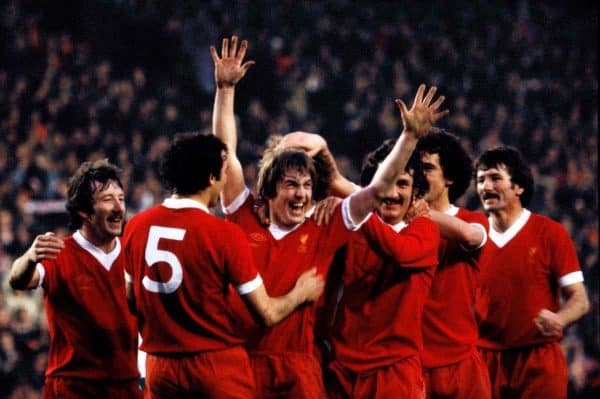
Mentally, can we be strong, or do we wilt once again, as we did in January and February 2017, and on so many other occasions in the last 25-years?
Has anything now changed? Have we learned something new, but familiar?
This is where the teachings of the past come into effect. The Liverpool of old would react emphatically to an unexpected defeat, rather than shrink into its shell. They would take defeat personally, and then they would take it out on their next 20 opponents.
This loss to Swansea came on the back of three months unbeaten.
File the feeling Liverpool, then draw on it, and come back fighting. Go another three months before you taste the bitterness of defeat once again.
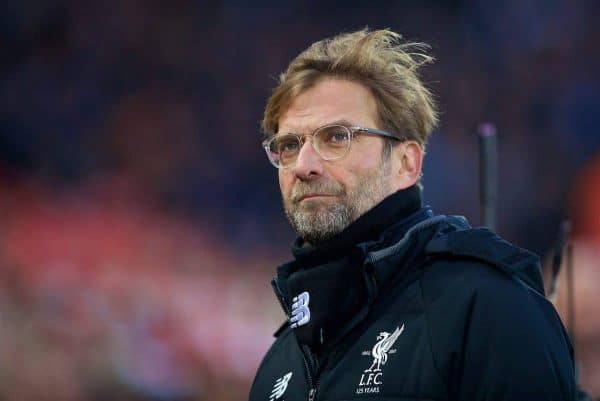





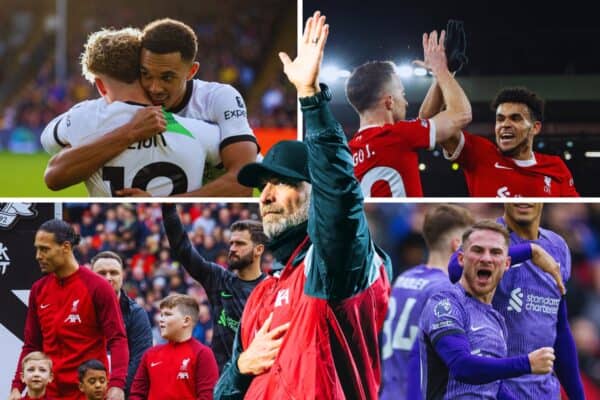

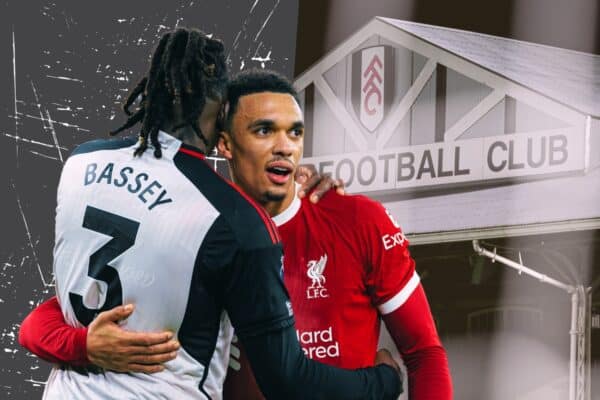

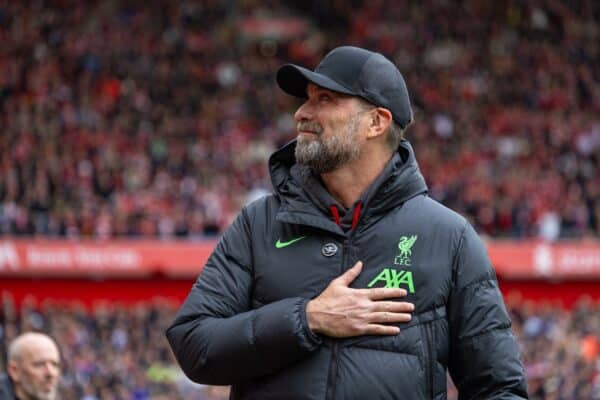




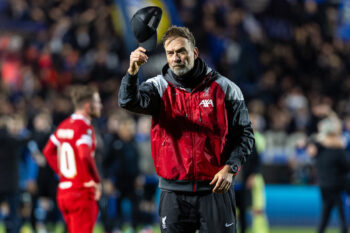
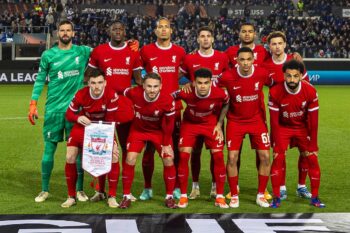

Fan Comments